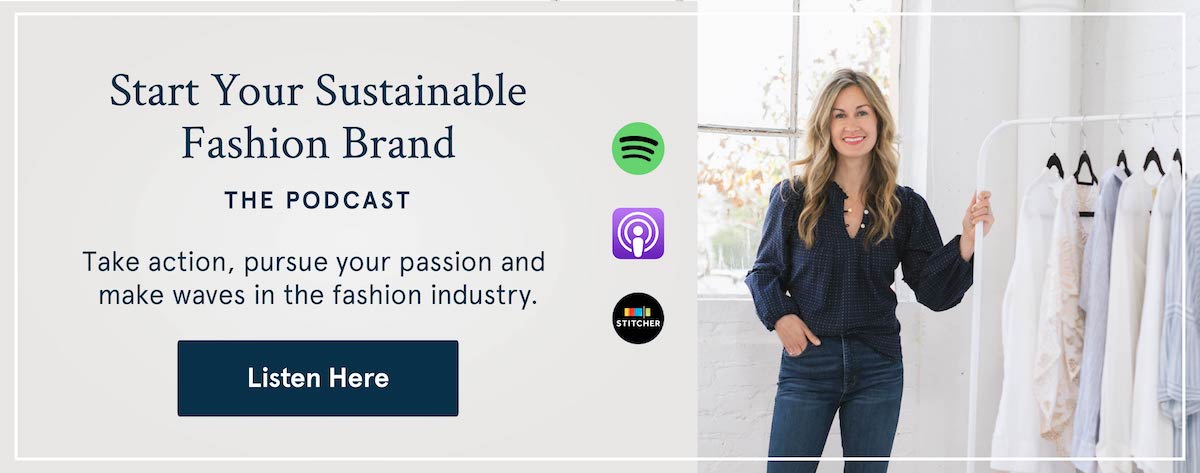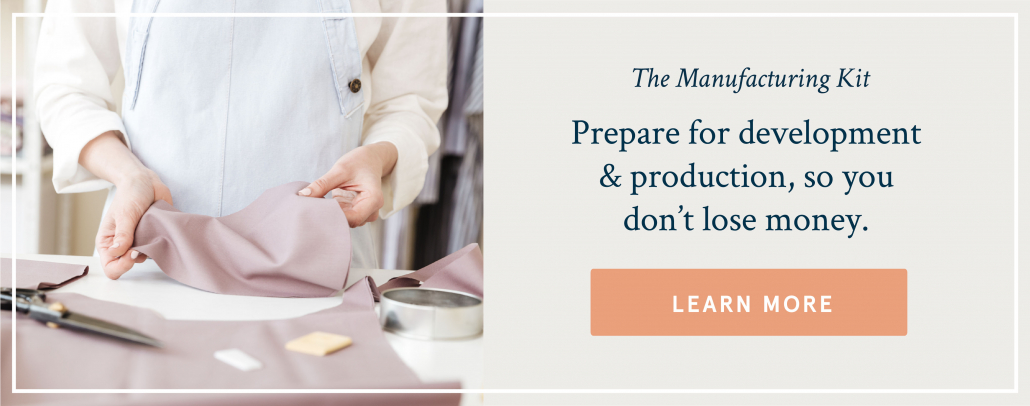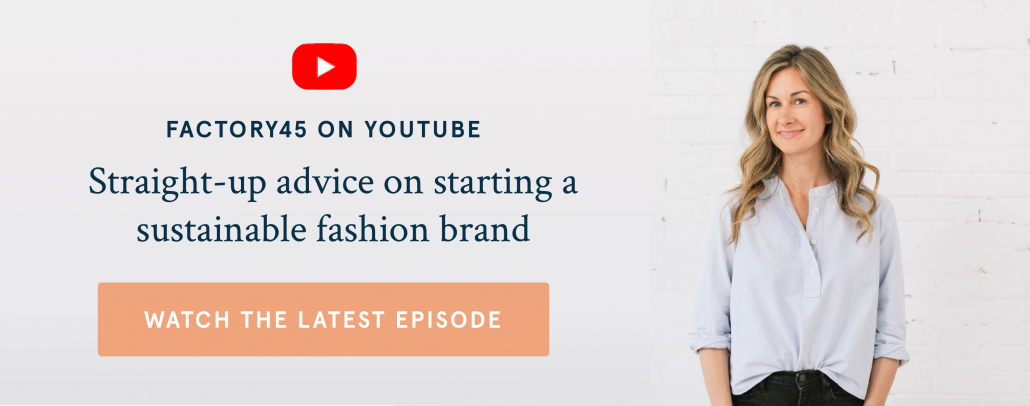Listen on Apple Podcasts | Listen on Spotify
In last week’s episode I talked about entrepreneurship, resilience and the importance of getting comfortable with failure. I argued that resilience is a skill that can be practiced. I also argued that, for most of us, it’s a necessary reprogramming if we learned to avoid failure growing up. And in today’s episode, I want to take this a step further…
Resources mentioned in this episode:
Dr. Brene Brown’s TED Talk: Why Your Critics Aren’t the Ones Who Count
Factory45, The Business School For Sustainable Fashion Entrepreneurs.

TRANSCRIPT
In last week’s episode I talked about entrepreneurship, resilience and the importance of getting comfortable with failure. I argued that resilience is a skill that can be practiced. I also argued that, for most of us, it’s a necessary reprogramming if we learned to avoid failure growing up. And in today’s episode, I want to take this a step further…
After a decade of talking to entrepreneurs and people just starting their businesses, I’ve had a realization over the years about our collective fear of failure. What I realized is that, generally speaking, It isn’t the act of failing itself that’s the most terrifying to us. it’s the external connections we make to it.
If we fail, we’ll lose our dignity.
If we fail, we’ll lose our life savings.
If we fail, we’ll lose our home.
While these are extreme examples, I know our thinking can often go to “worst-case-scenario.”
I remember a conversation that was brought up by one of the entrepreneurs in Factory45, my business school for fashion startups. She said:
I’m looking for advice: Having just finished my master’s degree, it may come as a surprise to some family and friends who don’t know about my project yet that I’m going the entrepreneurship route. Anyone have tips on how to introduce a significant career change to family, friends, and/or even an employer (I plan to keep my full-time job for a while)?
And This got me thinking about the “pre-failure phase.”
Before the fear of failure is even an option, first there is the fear of getting started. It’s the fear of taking the plunge. Of not knowing what’s going to happen. Of worrying what your family and friends are going to think.
The greatest inhibitor to becoming an entrepreneur or pursuing a great idea or moving forward with your true life’s work is — never getting started in the first place.
When we make it public and declare our idea to the world, We simultaneously have to face the feeling of being seen.
Being seen means you open yourself to critics, you open yourself to the doubters, and you open yourself to vulnerability in a way you probably haven’t before.
Throw in the visibility of social media to the mix and the stakes feel a whole lot higher.
Personally, I’m no stranger to critics. While the supporters in my life far outweigh the cynics, it doesn’t make the occasional negativity sting any less.
Back in 2013 I wrote an expose about fast fashion for The Huffington Post and then I made the mistake of reading the comments section. I was called an asshole, a “self-aggrandizing bitch,” a piece of shit and other equally flattering names. (And yes, this is why you should never read the comments).
And you wouldn’t believe how long it took for me to be taken seriously in business. For my first five years of entrepreneurship, I faced family and friends at Christmas parties, dinner parties and happy hours, wondering when I’m going to get a “real job.”
If you stay in the game long enough, you get a lot of practice at what I call the “shoulder slide.” You have to train yourself to let comments and negativity slide off your shoulders. And while an off-putting email or comment can still throw off my day at times, I can tell you it does get easier.
So, if you’re one of those people, who is tinkering with a great idea, a new business or an alternative career path, remember this:
The critics, the doubters, the cynics only have power if you give them the power.
As hard as it may be, you can consciously accept that there will always be some degree of negativity coming at you, but you can also consciously choose how you react to it.
Power is energy. And you’re the only one who gets to decide where to put that energy. It can either be your demise or… your strength.
Here are a few other strategies to keep in your back pocket: when negativity or criticism starts creeping in — either internally or from outsiders:
- Stay close to those who support your dreams. and let you talk about it obsessively, even though they don’t understand what you’re talking about.
- Speak from a place of vulnerability. Don’t predict the reaction you’re going to get, because it will come out in your tone.
- At the end of the day, your opinion is the only one that matters. (It really is.) At the end of the day, you are responsible for your life.
- Remember that the vast majority of negative reactions are usually from people that have never tried to make their own dreams a reality. << That’s a big one – It’s easy to be critical of something you’ve never done yourself.
- Walk into the conversation with the mindset that approval is not the goal – information is. You want those around you to be part of the vision, to be in inquiry with you… so try to make it a two-way and engaging conversation.
If you know me, then you know I’m a big fan of Dr. Brene Brown, who is a researcher on vulnerability and shame. She has a few viral TED talks, but she did another talk that’s not as well known called, “Why Your Critics Aren’t the Ones Who Count.” It’s a must watch — even if you’re the most confident person on the planet, so I’ll link to that video in the description.
The outside criticism and doubters are also why it’s so important to surround yourself with likeminded people working towards a similar goal. This is why, for my entire entrepreneurial career, I’ve been in group business programs or worked with a coach. The energy you get from other entrepreneurs — in all different stages of business — is what will keep you going in the long run. Especially on the extra hard days.
Factory45 is the community I created for fashion entrepreneurs who are looking for that camaraderie, mentorship and support. If you’re interested in launching your brand with us, you can book a consult call to explore the opportunity more. The link to set an appointment is in the description below. We’d love to chat.


















